Although it means jumping ahead an Act or two in this drama, speculation has already begun concerning what the Duke defendants might do at the conclusion of the case against them. With a tip of the hat to lskinner, a knowledgeable CourtTV poster, we offer
Jovanovic v. City of New York.
This opinion, filed last month from the United States District Court of the Southern District of New York, denied motions to dismiss in a case brought under 42 USC 1983, alleging violations of a rape defendant's constitutional rights, specifically false arrest, malicious prosecution, malicious abuse of process, and denial of defendant’s right to a fair trial. The facts in the initial rape investigation will seem familiar to many of our readers and are too upsetting to dwell on here, for Mr. Jovanovic was accused and convicted of horrible crimes on the apparent sole basis of the testimony of an unreliable witness and a misapplication of rape shield laws.
Mr. Jovanovic's conviction was overturned on appeal, based on a misuse of the rape shield laws, which prevented the defendant from presenting exculpatory evidence. He is now the plaintiff in a lawsuit in federal court. He alleges that a police officer and an assistant district attorney, while acting in their official capacities, fabricated evidence, gave false testimony, and made damaging extrajudicial statements to the press in an effort to secure a conviction against him. The City of New York is also being sued, based on the claim that municipal policy or custom gave rise to these constitutionally impermissible acts.
The federal defendants' motions to dismiss alleged that the claims were time-barred, that probable cause existed for arrest and prosecution, that the claim for malicious prosecution failed as a matter of law, that there was no proper claim concerning malicious abuse of process against police, that the fair trial claims failed as a matter of law, that both the police officer and the assistant district attorney were entitled to qualified immunity, and that the claims against the municipality failed as a matter of law. The judge denied all but one of the motions to dismiss. The claim for malicious abuse of process against the police officer was dismissed as defective in stating a claim, but the plaintiff was given leave to replead.
There is much in this opinion that will be of interest, but we will focus on the claim that the police officer had probable cause to arrest Mr. Jovanovic, and, thus, was not guilty of false arrest. The judge disagreed. Stating that the only basis for the arrest was the claim of the accuser, he noted,
“The fact that a victim provides the police with information of an alleged crime does not, without more, establish probable cause. Rather, the officer has a duty to investigate the reliability of the victim, and, if circumstances call into doubt the victim’s veracity, to investigate the allegations and corroborate them.”
The judge found several reasons to doubt the accuser’s veracity:
She had given contradictory accounts to the police, “changing critical facts every time she recounted the event.”
She waited four days before seeking medical assistance or reporting to the police.
The medical and forensic evidence did not corroborate her complaint.
There was no DNA from Mr. Jovanovic “on the victim, her clothing, or any of the undergarments she wore on the night of the alleged assault.”
The accuser had a history of making false sexual accusations against men - a fact that the police could have discovered with a reasonable investigation.
These factors, the judge ruled, if true, were enough to establish doubt as to the accuser’s veracity, triggering a duty to investigate further prior to an arrest. A nine day delay in arresting Mr. Jovanovic further undermined the claim that there was probable cause for the arrest, suggesting to the judge that the police doubted the accuser’s story at the time that it was made, thus triggering the duty to corroborate that story prior to the arrest.
This case has not reached final judgment, and an opinion in a federal district court in New York does not establish binding precedent for a potential case brought in a federal district court in North Carolina. Most of the issues, though, involve settled interpretations of federal law which would apply in both jurisdictions, and so we can say to the DA and police in Durham - “Read it and weep."
Additional Sources: NY Post , NY Daily News
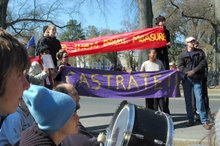




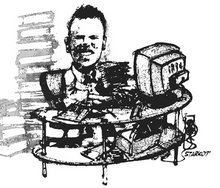
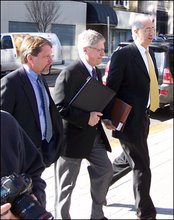
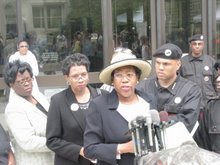
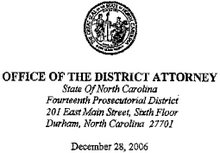
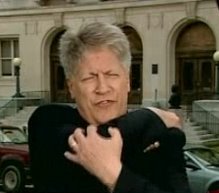





















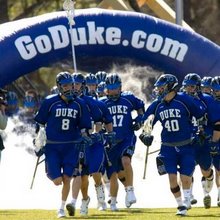

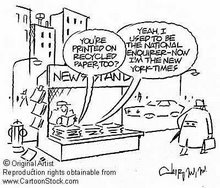

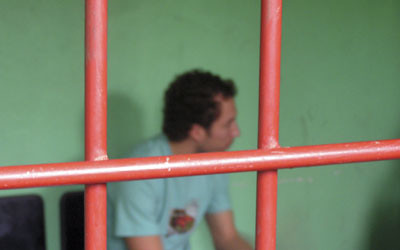
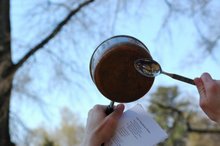


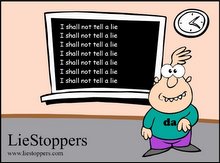






4 comments:
It look likes Nifong, Gottlieb, and the rest of the Durham DA & PD departments might be shopping for attorneys if I read this right.
Multiple versions, No DNA, history of making false accusations, no corroborating medical evidence of assault are exactly what happened in this Duke case. Now we can add, the phoney line-ups, the senior in charge keeping twp pages of notes in 4 months,the DA stalling & hiding evidence in discovery,and the DA's refusal to even look at exculpatory evidence!
I suggest Willie Gary might just want to ask if the Lacrosse Team needs an attorney to sue?
I have no doubt that Michael Liefong and his partners in crime are paying close attention to this case. Furthermore, one reason they are desperate to keep the thing going is that at some point, whether by charges being dropped, an acquittal, or an overturned conviction, they are going to have to face the music.
I will lay out another scenario: after a hung jury, the DA agrees not to retry the defendants -- if they agree not to sue him. Don't think this is NOT a possibility that Nifong has failed to examine. He knows that if he can get it to trial, there will be at least some jurors sympathetic to him who will be willing to convict no matter what exculpatory evidence is presented. That is his way out of this mess.
William L. Anderson
Thank you for summarizing the ruling from this case. I have seen it posted a few times but always with the caveat that it is a 31 page document. Ugh! This is, indeed, very interesting in its similarity to the Duke case. I would bet that Nifong and his minions are seriously concerned.
By the way, I don't think you're going to see a hung jury in this case if it makes it to trial. There is not going to be anything but the accuser's word and the defense attorneys are going to take her apart on the stand.
Thanks for posting a synopsis. I was thrilled to see the ruling on the probable cause & officer duties to investigate. I've been pursuing a California PC 851.8 petition (factual innocence) toward an eventual 1983 suit, so every bit helps. The 851.8 petition,pleadings, etc., are at
http://www.caresociety.net/court.htm if anyone is interested. They're not good, but not too bad for a pro se effort.
Thanks again,
Susan Botts
Post a Comment